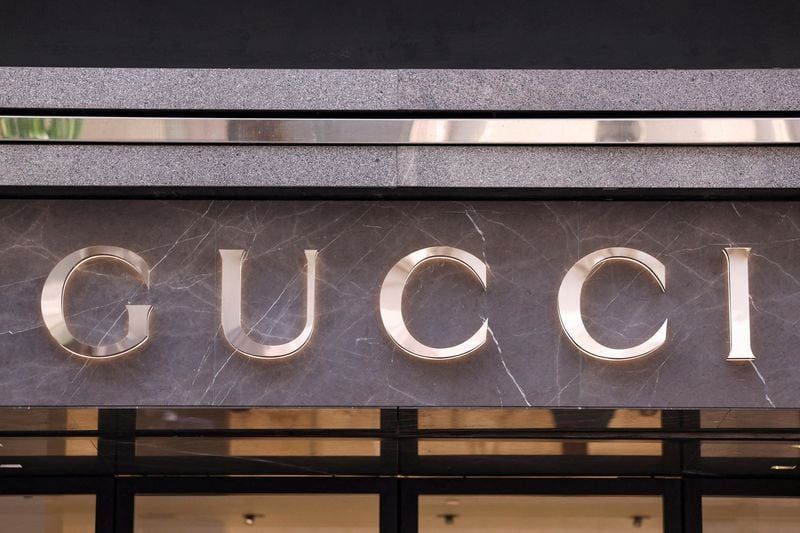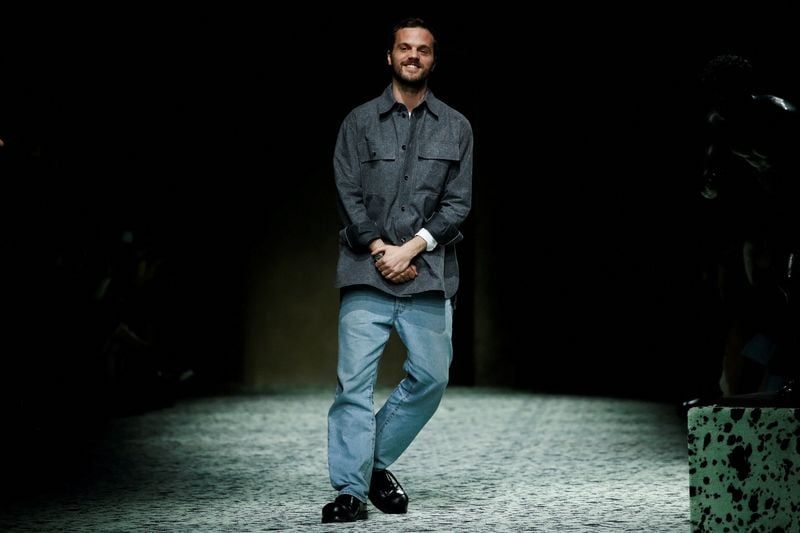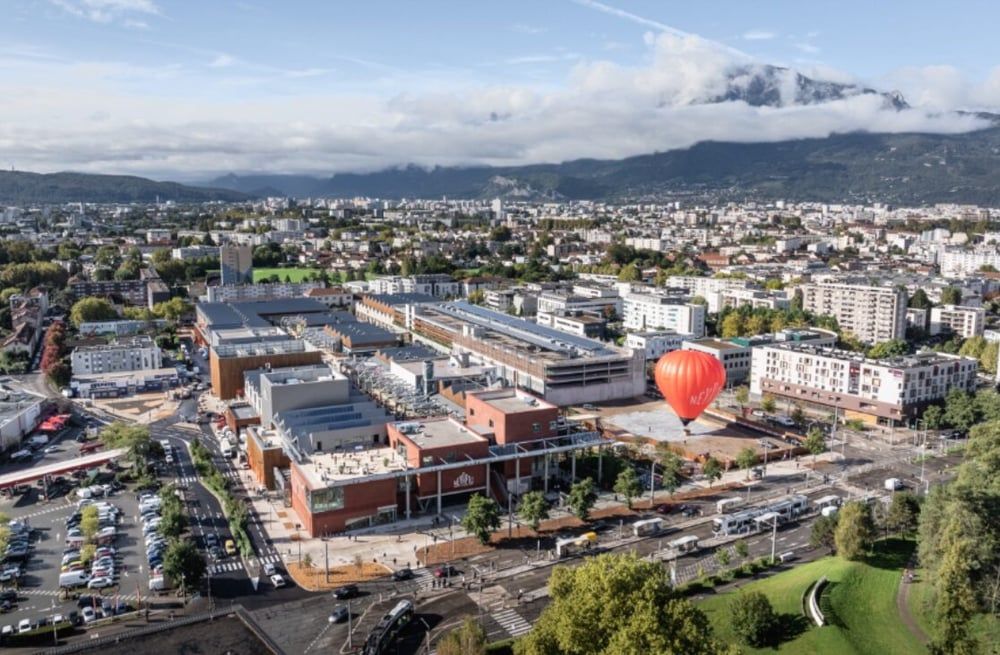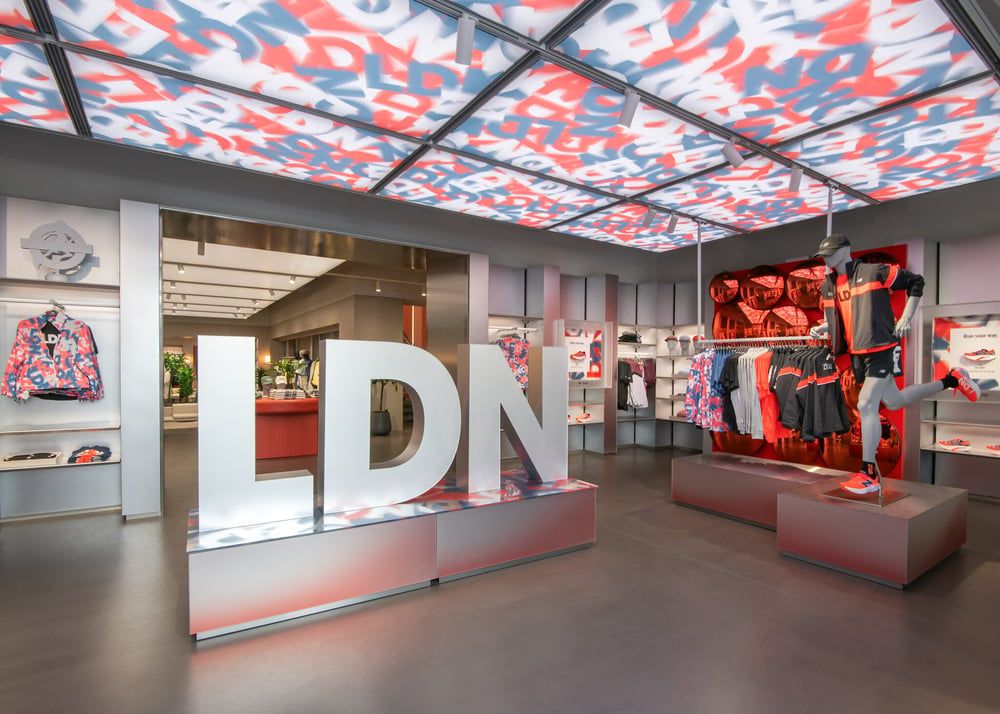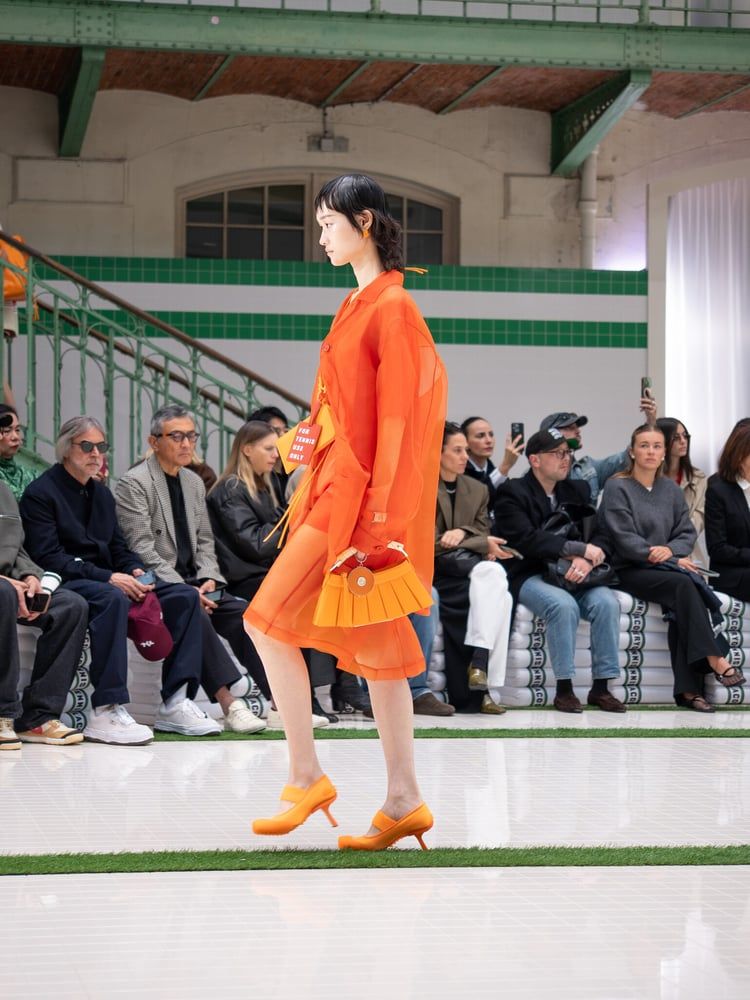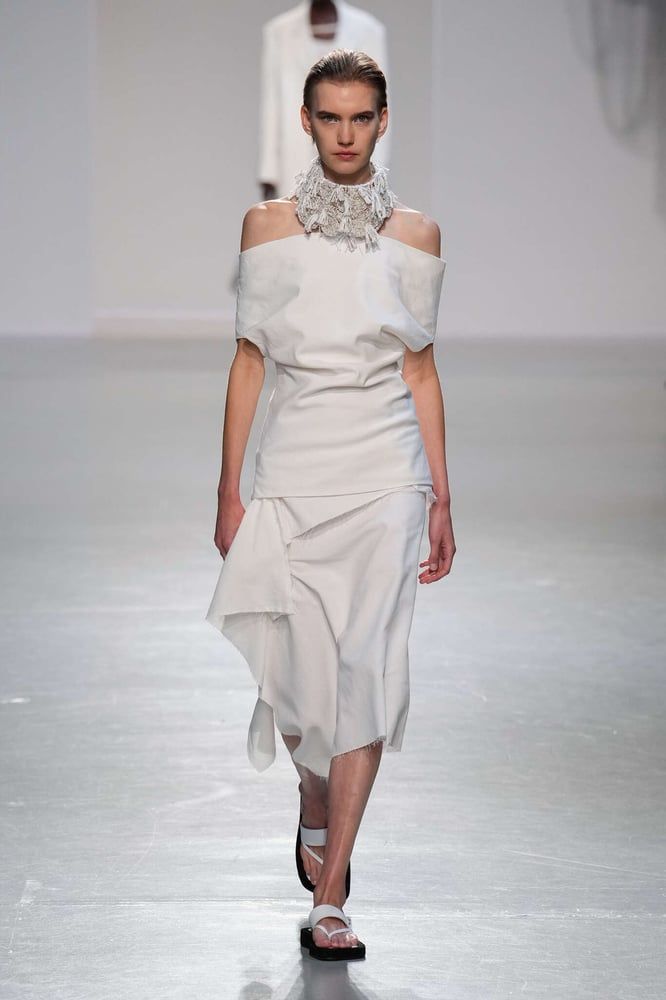Ovar's Eco-House Camp: Where Fashion, Art, and Nature Converge
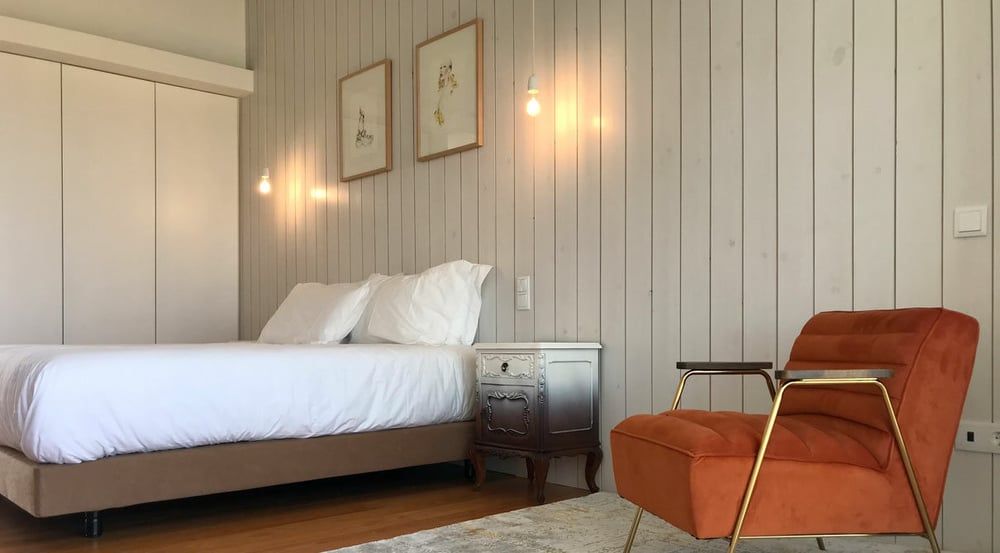
Nestled in Ovar, on a site reborn from former farmland and ruins, Tijosa Eco-House Camp emerges as a distinctive sanctuary where "exclusivity and privacy, coupled with exemplary service, are our priority." This unique destination distinguishes itself as a permanent art gallery, meticulously curated with signature interiors and common areas that celebrate Portuguese talent across fashion, art, and ceramics. Rooms begin at €150 per night, with suites from €185, all offering enchanting views of the Ria.
The accommodations at Tijosa Eco-House Camp are a testament to bespoke design, each featuring world-renowned Hästens beds and unique décor conceived by a stellar line-up of fashion designers: Alexandra Moura, Dino Alves, Katty Xiomara, Nuno Gama, and Storytailors (founded by João Branco and Luís Sanchez). Beyond the private spaces, the common areas are adorned with works by artist Manuela Pimentel, ceramicists Anna Westerlund, Helena Brízido, and Sofia Albuquerque, and even a striking recycled-plastic tapestry by Maria Descalça, truly transforming the camp into an immersive artistic experience.
Alexandra Moura's suite and corresponding room exude a pared-back vintage charm, evoking the simplicity of old beach and countryside homes. Painted plank walls, a patinated Queen Anne-style bedside table and chest of drawers, and a modernist armchair define these spaces. Watercolour drawings by António Soares add a layer of serene elegance. Moura emphasizes her vision of "simplicity in which one or two details will make the difference," with rooms designed to be adaptable and timeless, valuing the nobility of the woods used and conveying "great serenity, elegance and good taste, bringing peace and harmony" through Soares' art. Her creations are "identical at their core, in their essence, with just a touch to set them apart."
The Dino Alves Suite, also boasting Ria views, embraces a simple, relaxed, and subversive atmosphere dominated by wood and black-and-white elements. Inspired by the Eco-House Camp's ecological mission, Alves repurposed materials, notably transforming used car tyres into distinctive bedside tables. He created two bedrooms: one white, reminiscent of "the modest homes of our grandmothers," and one black, a sophisticated "black box" with a punk edge. The black room features curtains made from military netting for camouflage and is balanced by "bold colors and gilt woodcarving placed in strategic spots," offering "an altogether different experience" that reflects the designer's DNA. His approach integrates sustainability through upcycling, using "materials and objects altered and elevated through the discipline of upcycling," from classic white men's shirts for curtains to laser-cut military canvases.
Katty Xiomara's Suite draws inspiration from the region's rich ceramic tile heritage. She translated this tradition into a contemporary, three-dimensional narrative, creating "small square structures with different heights and angles" on the walls. These structures feature grooves interwoven with tapestry strips derived from carpet manufacturing and other textile elements. Employing white as a backdrop and blue as the illustrative color, harmonized with warm and neutral tones, Xiomara designed a space where the "central element that adorns the walls" breathes, emphasizing comfort through pared-back decorative elements.
Nuno Gama's Suite offers an intimate, minimalist sanctuary defined by a palette of black, wood, and metal. The space seamlessly integrates architectural elements with curated designer pieces, including sculptural lamps and a Mies van der Rohe chaise longue resting on a leather rug. Gama's personal touch is evident with his logo embroidered on cushions and mattresses, symbolizing the "eternal Yin and Yang in Tijosa's search for peace and comfort," echoing his collections inspired by Portuguese regional identity. While not his first interior project, Gama approached it as a challenge to create a "pleasant and harmonious" space where he himself would enjoy staying.
The final curated space belongs to Storytailors, the label founded by João Branco and Luís Sanchez. Their concept unfolds as "Narké, the story of a dress," an Eastern-inspired narrative that reimagines Cinderella's journey from China to the 18th-century European court. The clean setting enhances the sculptural textures of artisanal textiles, with "illustrations in the rooms [that] are interpretations of Narké, our Cinderella, over the centuries," inviting guests into a rich, textile-driven narrative.
The eco-retreat's location at Cais da Tijosa is equally captivating. The road to the camp winds through picturesque villages and farmland, flanked by the serene landscape of the Ria de Aveiro, an unspoiled area teeming with wildlife. Guests can spot ospreys, black-winged kites, little owls, and various small mammals, including abundant flamingos and diverse birdlife. This natural beauty complements the camp's commitment to sustainability and its unique artistic identity.
As described on Booking.com and shared by the brand on Instagram (@tijosa_eco_house), Tijosa Eco-House Camp is far more than a boutique hotel; it is a "living art space." Every corner is thoughtfully curated with exclusive art pieces and furniture by renowned designers, making each room "an individual project created by Portuguese designers" and ensuring a truly immersive and inspiring stay.





